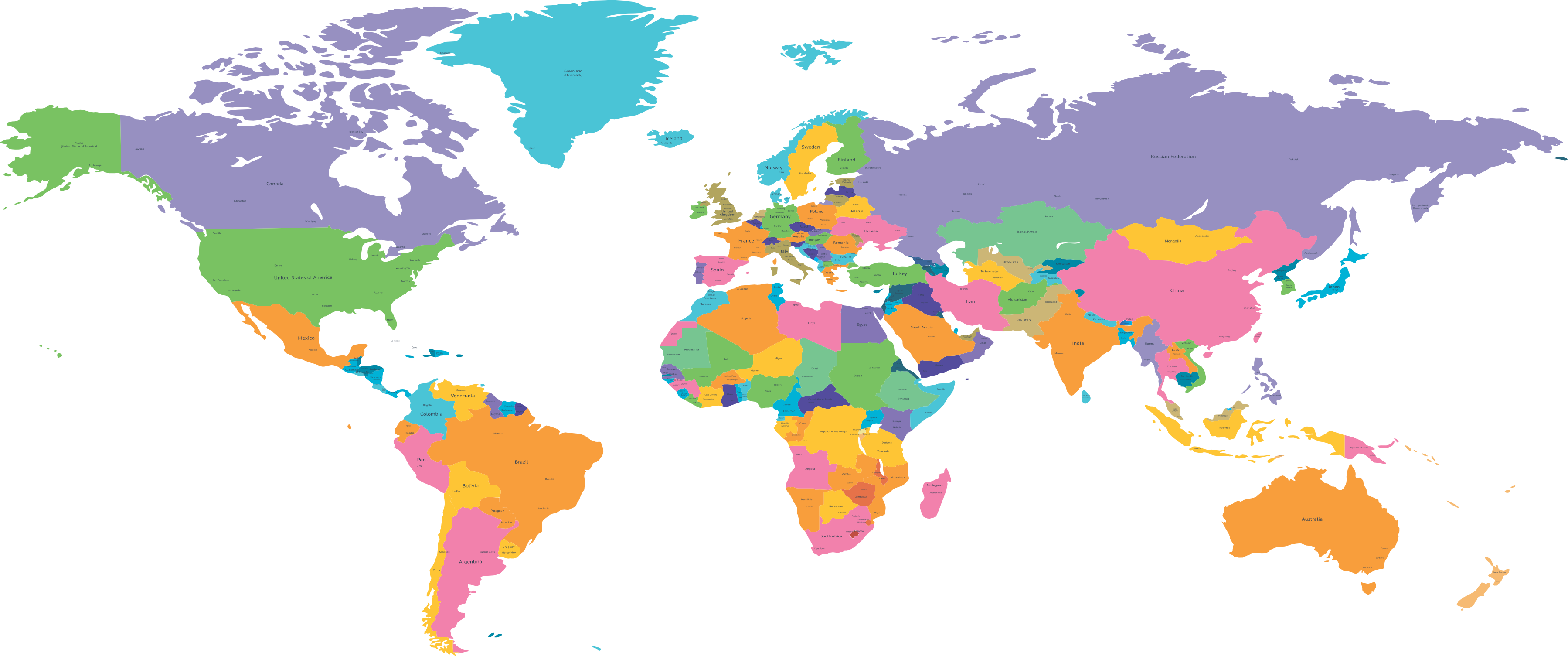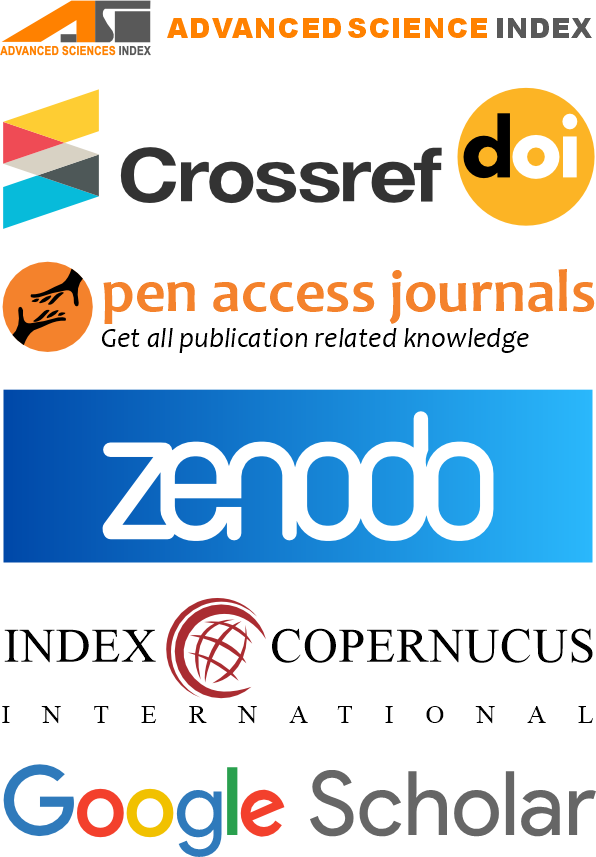Marketing Opportunities in Metaverse: A Systematic Literature Review
DOI:
https://doi.org/10.55737/rl.2025.42110Keywords:
Metaverse, Communicative Affordances, Brand Communication, Immersive Technologies, Systematic Literature ReviewAbstract
A new opportunity for brands is how to communicate with the core audiences that they used to compete for with rivals in the no-digital era; transformation happens gradually and little by little. Helpful overviews are given of the issues facing VR communications above. The reports referred to in the following are from an academic literature recitation (though video materials are not included on account of space constraints). This article endeavors to explore immersive technology from the angle of communication and discover what kind of relationship can exist between brands and consumers. A systematic literature review of 50 peer-reviewed studies published on websites including Google Scholar, ScienceDirect, JSTOR, and SSRN was conducted to achieve this end. Out of a total of 130 articles found, the SLR has explicitly selected for analysis only 50 of them. And regarding methodological criteria, draft guidelines set by PRISMA saved publication bias from creeping in. The principles avoided perverting original findings altogether. It is found that diverse technologies such as VR, AR, MR, Life-Log, Mirror Worlds, Blockchains, and AI enable the Metaverse to undertake a brand of communication not available in previous venues. These new communication affordances include immersive engagement, personalized interaction, experiential communication forms, and different forms for brands 'presence and symbolic representation than heretofore thought possible. New modes of virtual presence were also introduced, together with them.
References
Arya, V., Sambyal, R., Sharma, A., & Dwivedi, Y. K. (2024). Brands are calling your AVATAR in Metaverse–A study to explore XR‐based gamification marketing activities & consumer‐based brand equity in the virtual world. Journal of Consumer Behaviour, 23(2), 556–585. https://doi.org/10.1002/cb.2214
Bao, W., Hudders, L., Yu, S., & Beuckels, E. (2025). Virtual luxury in the metaverse: NFT-enabled value recreation in luxury brands. International Journal of Research in Marketing, 42(3), 557–572. https://doi.org/10.1016/j.ijresmar.2024.01.002
Barrera, K. G., & Shah, D. (2023). Marketing in the Metaverse: Conceptual understanding, framework, and research agenda. Journal of Business Research, 155(113420), 113420. https://doi.org/10.1016/j.jbusres.2022.113420
Bousba, Y., & Arya, V. (2022). Let's connect in the Metaverse. Brand's new destination to increase consumers' affective brand engagement & their satisfaction, and advocacy. Journal of Content, Community & Communication, 15(8), 276–293. https://doi.org/10.31620/jccc.06.22/19
Buhalis, D., Leung, D., & Lin, M. (2023). Metaverse as a disruptive technology revolutionising tourism management and marketing. Tourism Management, 97(104724), 104724. https://doi.org/10.1016/j.tourman.2023.104724
Cilizoglu, S., Aslan, M. D., Ceyhan, M., & Yantaç, A. E. (2023). Designers' expectations from virtual product experience in the metaverse. 26th International Academic Mindtrek Conference.
Dahan, N. A., Al-Razgan, M., Al-Laith, A., Alsoufi, M. A., Al-Asaly, M. S., & Alfakih, T. (2022). Metaverse framework: A case study on E-learning environment (ELEM). Electronics, 11(10), 1616. https://doi.org/10.3390/electronics11101616
Delehanty, B. L. (2022). Brands in the Metaverse: Opportunities, Risks and Strategies. The Intellectual Strategist Journal.
Dwivedi, Y. K., Hughes, L., Baabdullah, A. M., Ribeiro-Navarrete, S., Giannakis, M., Al-Debei, M. M., Dennehy, D., Metri, B., Buhalis, D., Cheung, C. M. K., Conboy, K., Doyle, R., Dubey, R., Dutot, V., Felix, R., Goyal, D. P., Gustafsson, A., Hinsch, C., Jebabli, I., … Wamba, S. F. (2022). Metaverse beyond the hype: Multidisciplinary perspectives on emerging challenges, opportunities, and agenda for research, practice, and policy. International Journal of Information Management, 66(102542), 102542. https://doi.org/10.1016/j.ijinfomgt.2022.102542
Efendioglu, I. H. (2023). Metaverse Concepts and Marketing. In Advances in Marketing, Customer Relationship Management, and E-Services (pp. 224–252). IGI Global.
Evans, S. K., Pearce, K. E., Vitak, J., & Treem, J. W. (2016). Explicating Affordances: A conceptual framework for understanding Affordances in communication research. Journal of Computer-Mediated Communication, 22(1), 35-52. https://doi.org/10.1111/jcc4.12180
Fakhry, N., & Nasr, M. (2023). Metaverse and brand experience in fashion digital marketing. International Design Journal, 13(3), 331-344. https://doi.org/10.21608/idj.2023.296273
Farea, S. H. (2022). Impact of Metaverse Ecosystem on Digital Marketing. The Seybold Report.
Firmansyah, E. A., & Umar, U. H. (2023). Metaverse in business research: a systematic literature review. Cogent Business & Management, 10(2). https://doi.org/10.1080/23311975.2023.2222499
Gibson, J. J. (1977). The Theory of Affordances. Erlbaum Associates, Hillsdale, NJ.
Guo, S. H. (2013). Quantitative evaluation of emission controls on primary and secondary organic aerosol sources during Beijing 2008 Olympics. Atmospheric Chemistry and Physics, 13(16), , 8303-8314.
Hollensen, S., Kotler, P., & Opresnik, M. O. (2022). Metaverse – the new marketing universe. Journal of Business Strategy, 44(3), 119-125. https://doi.org/10.1108/jbs-01-2022-0014
Hwang, R., & Lee, M. (2022). The influence of music content marketing on user satisfaction and intention to use in the Metaverse: A focus on the SPICE model. Businesses, 2(2), 141-155. https://doi.org/10.3390/businesses2020010
Hwang, S., & Koo, G. (2023). Art marketing in the metaverse world: Evidence from South Korea. Cogent Social Sciences, 9(1). https://doi.org/10.1080/23311886.2023.2175429
Irshad, S., & Perkis, A. (2020). Increasing user engagement in virtual Reality:The role of interactive digital narratives to trigger emotional responses. Proceedings of the 11th Nordic Conference on Human-Computer Interaction: Shaping Experiences, Shaping Society, 1-4. https://doi.org/10.1145/3419249.3421246
Kaplan, A. M., & Haenlein, M. (2010). Users of the world, unite! The challenges and opportunities of social media. Business Horizons, 53(1), 59-68. https://doi.org/10.1016/j.bushor.2009.09.003
Khatri, M. (2022). Revamping the marketing world with Metaverse – The future of marketing. International Journal of Computer Applications, 184(29), 1-5. https://doi.org/10.5120/ijca2022922361
Kiang, M. Y., Raghu, T. S., & Shang, K. H.-M. (2000). Marketing on the Internet — who can benefit from an online marketing approach? Decision Support Systems, 27(4), 383–393. https://doi.org/10.1016/s0167-9236(99)00062-7
Kim, J. (2021). Advertising in the Metaverse: Research agenda. Journal of Interactive Advertising, 21(3), 141-144. https://doi.org/10.1080/15252019.2021.2001273
Krishnamurthy, R., Chawla, V., Venkatramani, A., & Jayan, G. (2022). Transforming your brand using the metaverse: Eight strategic elements to plan for. California Review Management.
Leonardi, P. M. (2017). The social media revolution: Sharing and learning in the age of leaky knowledge. Information and Organization, 27(1), 47–59. https://doi.org/10.1016/j.infoandorg.2017.01.004
Melody Y Kiang a, T. R.-M. (2000). Marketing on the Internet — who can benefit from an online marketing approach? Decision support system, 383-393.
Nagarajan, G. M. (2023). The Role Of The Metaverse In Digital Marketing (Vol. 14). JETT.
Nalbant, K. G., & Aydin, S. (2023). Development and transformation in digital marketing and branding with artificial intelligence and digital technologies dynamics in the Metaverse universe. Journal of Metaverse, 3(1), 9-18. https://doi.org/10.57019/jmv.1148015
Nesaif, B. M. R. B. (2024). The influence of virtual events on metaverse commercial real estate values: A review. International Journal of Business Strategies, 9(1), 31–48. https://doi.org/10.47672/ijbs.1799
Phillips, K. (2023). 6Connex. (2023, June 22). Companies in the Metaverse: Coca-Cola Goes Virtual. Medium. https://6connex.medium.com/companies-in-the-metaverse-coca-cola-goes-virtual-39061d8672b1
Rashid, M., & Khan, M. (2024). Metaverse as Medium: Understanding the Revival of McLuhan's Notion'Medium is the Message'in the Emergent Virtual Reality Landscape. Journal of Communication and Cultural Trends, 6(1), 87-108.
Ronzhyn, A., Cardenal, A. S., & Batlle Rubio, A. (2022). Defining affordances in social media research: A literature review. New Media & Society, 146144482211351. https://doi.org/10.1177/14614448221135187
Rosenberg, L. (2022, October). Marketing in the Metaverse and the Need for Consumer Protections. In 2022 IEEE 13th Annual Ubiquitous Computing, Electronics & Mobile Communication Conference (UEMCON) (pp. 0035-0039). IEEE.
Roy, R., Babakerkhell, M. D., Mukherjee, S., Pal, D., & Funilkul, S. (2023). Development of a framework for metaverse in education: A systematic literature review approach. IEEE Access, 11, 57717-57734. https://doi.org/10.1109/ACCESS.2023.3283273
Shah, S. (2022). Digital marketing in the Metaverse: Navigating the new frontier. International Journal of Multidisciplinary Educational Research, 11(2), 147-159. http://ijmer.in.doi./2022/11.02.40.2
Sharma, A., & Bansal, A. (2023). Digital marketing in the metaverse: Beginning of a new era in product promotion. In Applications of Neuromarketing in the Metaverse (pp. 163-175). IGI Global. https://doi.org/10.4018/978-1-6684-8150-9.ch012
Shelley, B. P. (2022). The metaverse: A new avatar in medical educational ecosystems? Archives of Medicine and Health Sciences, 10(2), 147–153. https://doi.org/10.4103/amhs.amhs_267_22
Violante, M. G., Vezzetti, E., & Piazzolla, P. (2019). How to design a virtual reality experience that impacts the consumer engagement: the case of the virtual supermarket. International Journal on Interactive Design and Manufacturing (IJIDeM), 13(1), 243-262. https://doi.org/10.1007/s12008-018-00528-5
Wang, H., Ning, H., Lin, Y., Wang, W., Dhelim, S., & Farha, F. (2023). A survey on Metaverse: The state-of-the-art, technologies, applications, and challenges. In arXiv [cs.CY]. http://arxiv.org/abs/2111.09673
Welivita, A., Nimalsiri, N., Wickramasinghe, R., Pathirana, U., & Gamage, C. (2017). Virtual product try-on solution for E-commerce using mobile augmented reality. In Lecture Notes in Computer Science (pp. 438–447). Springer International Publishing.
Yadav, S., Pandey, S. K., & Sharma, D. (2024). Marketing beyond reality: a systematic literature review on metaverse. Management Research Review, 47(7), 1029–1051. https://doi.org/10.1108/mrr-06-2023-0456
Zhao, Y., Jiang, J., Chen, Y., Liu, R., Yang, Y., Xue, X., & Chen, S. (2022). Metaverse: Perspectives from graphics, interactions and visualization. Visual Informatics, 6(1), 56–67. https://doi.org/10.1016/j.visinf.2022.03.002




